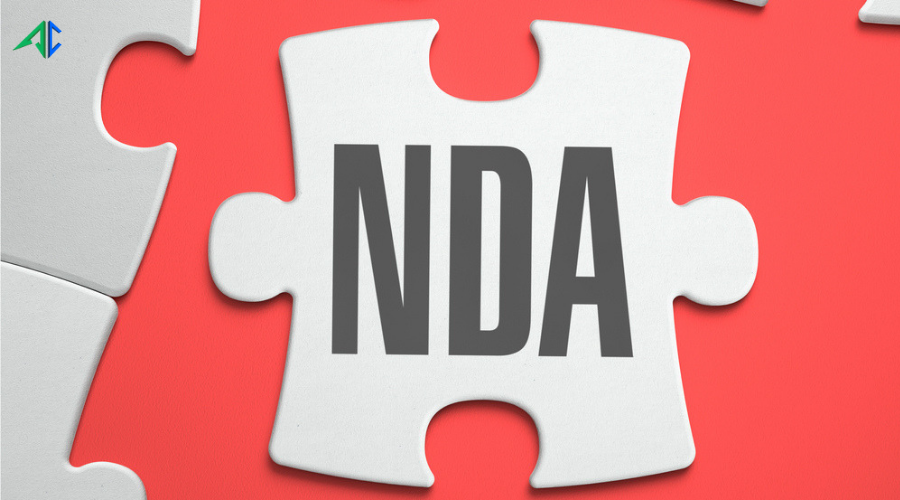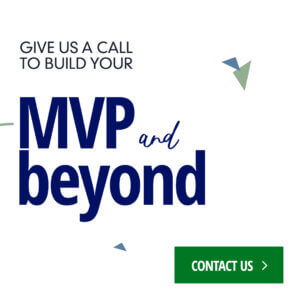Table of Contents
Do you want to ensure that your unique app idea doesn’t get stolen by people you’re negotiating with? This is what calls in need to bring an NDA into the picture. This blog talks about the importance of NDA for mobile app development. Read on with us!
Almost all business owners enter the mobile industry with a unique and game-changing app idea but are always skeptical about when it comes to their idea not getting copied, stolen, or modified by those with whom they share it.
How would you feel if you get to know that someone has copied your unique app idea? You will be horrified, no? A revolutionized app idea takes a considerable amount of time to build, and that’s why it hits some sense of urgency when it comes to protecting the app idea from people.
That’s why you should look for an established app developing company with transparent processes that always advises its clients to read the important clauses and sign NDA before sharing their app idea. Signing the confidentiality agreement gives assurance that the consulting partner will not misuse the client’s concept.
What Is NDA for Mobile App Development?
Non-Disclosure Agreement abbreviated as NDA for app development is a legal contract between two parties – a mobile app consulting company and a client that outlines certain app-related confidentiality that parties wish to share for certain purposes. Both parties sign the NDA to protect the app’s privacy and restrict access to any third parties in the course of their relationship.
NDAs are signed to protect app secrets from getting into the wrong hands. In simpler terms, NDA serves its core purpose of preventing the app idea from getting misused.
Some popular NDA-related terms you should know:
- Secrecy Agreement (SA)
- Proprietary Information Agreement (PIA)
- Confidential Disclosure Agreement (CDA)
- Confidentiality Agreement (CA)
What Are the Types of NDA for Mobile App Development?
There are mainly three types of NDA for app development used as per the parties’ requirements. This also gives you an idea of the NDA template for your mobile app development. Let’s have a look!
Unilateral NDA
Unilateral is the most common form of NDA. This NDA mainly involves two parties. Of the two, only one party discloses confidential information and expects the other party to prevent the information from any further disclosure. The signee is legally bound to comply with the clauses mentioned in the document. In any case of breaching, the one has to undergo prosecution by law.
Bilateral or Mutual NDA
As the name suggests, in a mutual (or bilateral) agreement, both parties sign the contract to disclose confidential information to each other but never share any confidential information with anyone, no matter what the situation is. This type of NDA is ideal for people that collaborate for mobile app development.
Multilateral NDA
In multilateral NDA, three or more parties are involved in signing the confidentiality agreement. Out of which, one of the parties discloses a piece of confidential information, and the other parties promise to have that information protected from any further disclosures.
The Advantages of NDA for App Development
There are so many things associated with NDA that makes it a crucial part of any app development project. To avoid any kind of discrepancies during the transition phase, app developers and clients prefer to sign NDA. Let’s have a look at some top benefits of using NDA during mobile app development.
- Adaptability – An NDA, depending on specific circumstances, enables the parties to adapt to confidentiality obligations, terms, and conditions on when those obligations are applicable until the contract terminates.
- Define Confidentiality – The NDA allows the parties to define confidential information. For instance, confidential information may include some top secrets or any other crucial information or document related, the recipient in the course of the relationship between the parties.
- Provision for Breaching – The NDA includes provisions dealing with the repercussions of the signee breaching the NDA. In addition to damages for breach of the non-disclosure agreement, the declaration will be sanctioned to apply to a court to seek injunctive relief preventing the recipient from disclosing the confidential information.
- Protect Confidential Information – A non-disclosure agreement is entered into by parties for the purpose of their undertaking due diligence or to protect confidential information during initial discussions, leading to the parties entering into an agreement containing confidentiality obligations.
What Are the Reasons for Signing an NDA?
Businesses need to approach someone who can shape their app idea and convert their vision into a fine developed product. To make this happen, businesses need to share their app idea with app consulting partners. While sharing the required information with the consulting partner, businesses wish to protect their sensitive or confidential data from third-party access.
Signing an NDA for mobile apps with the development companies gives them a sense of surety that others will not misuse their data.
Here are some other reasons why business signs NDA for mobile apps:
- If a business has crucial proprietary information that needs complete protection.
- If both parties have the confidential proprietary information that they wish to protect.
- If they want to keep the entire project a secret.
- In case the project requires short-term confidentiality.
Clauses Included in an NDA for Mobile Development
- NDA timeframe
- Information that has to be protected
- Duty and Obligation of parties to NDA
- Consequences of NDA Breach
- Return of the Information
When Should You Sign NDA?
Generally, NDAs are signed when two parties are considering doing business with each other agreeing to exchange information to benefit the partnership. A mutual NDA restricts both parties in their use of the information provided.
The companies usually use NDA as the mode to infuse fear in the minds of parties since it gives authority to take legal action. This will warn people that they could be potentially sued for leaking information, spilling secrets, or any kind of breach.
Here are some major reasons when to go for NDA:
- If you want to protect the concrete proprietary information.
- If the consulting company is against your app idea.
- For short term confidentiality.
- If you want to maintain the secrecy of a project.
Concluding Note
You would have to decide whether you have information worth signing NDA or not. But first thing first, if you have decided to share information with an agency, it’s better to ensure that you’re signing an NDA before revealing any type of app information to your consulting partner. We hope this guide helped you enough with the term ‘NDA’ and why is it crucial for you to sign a proper NDA for app development.
We would love to hear your comments relating to the post. Got some other thoughts? Drop us words through our contact page.







